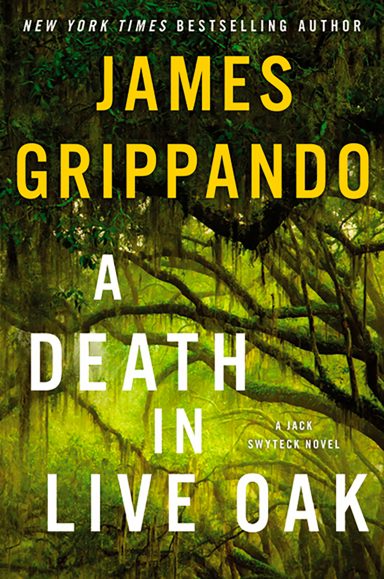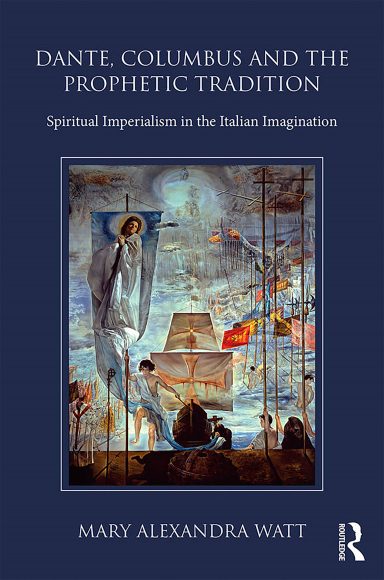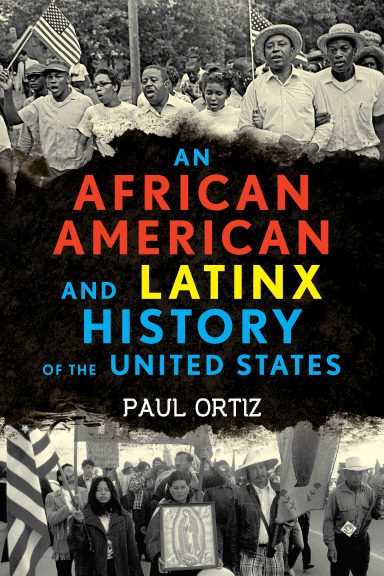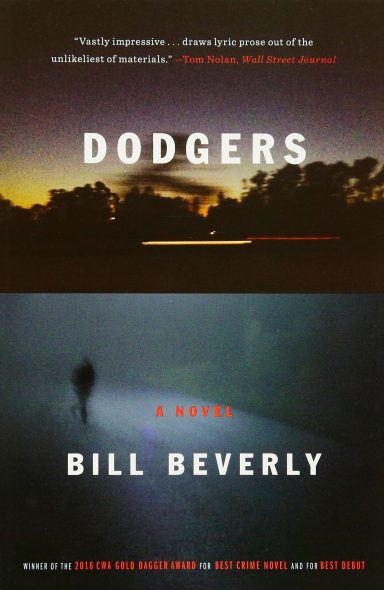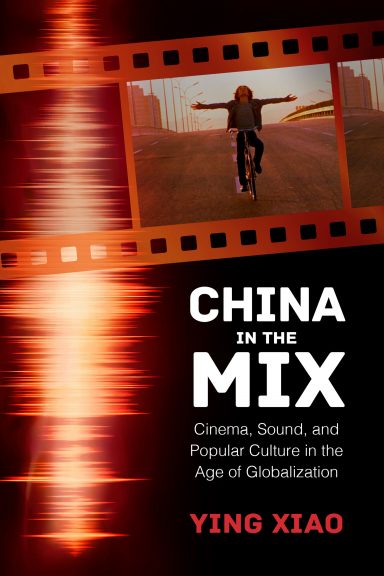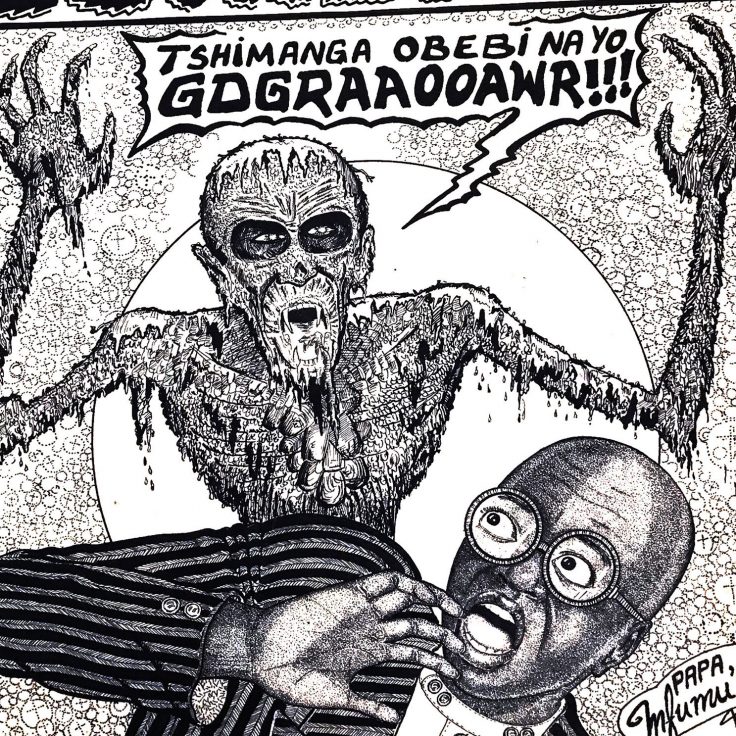
Creative License
Books
The Gulf: The Making of an American Sea, Jack E. Davis
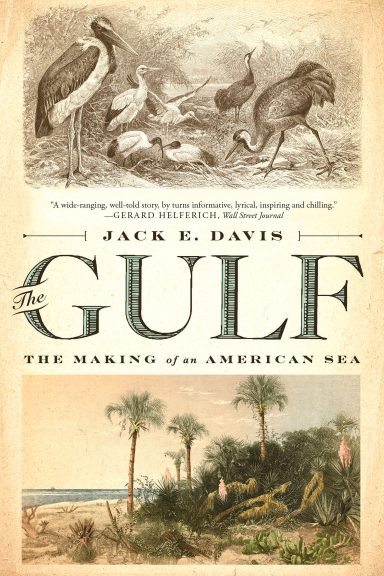
2018, Liveright
The Gulf of Mexico is both unusual and important, geologically, ecologically, economically, and historically. UF history professor Jack Davis weaves all those together in this brilliant and unprecedented story of the Gulf. He brings in commentary from luminaries such as Ernest Hemingway and Rachel Carson, and most importantly the artist Winslow Homer, whose painting “Shell Heap” provides a compelling through- line and visual metaphor for the book. Davis organizes the book by characteristics of the Gulf, matching each with a historical character. The cast includes ethnologist Frank Hamilton Cushing, explorer Alvar Nunez Cabeza de Vaca, and sherman Leonard Destin. Through artfully told stories balanced with scienti c and historical detail, Davis proves that the Gulf of Mexico is indeed an American sea. (Late addition: The Gulf won a Pulitzer!)
Rosie Girl, Julie Shepard ’90

2017, G.P. Putnam’s Sons Books for Young Readers
UF alumna Julie Shepard’s portrait of a teenage girl forgoes typical coming-of-age poignancy for a compelling dark comedy
of a young woman whose ventures into vices and questionable alliances form the shape of her search for her birth mother. Written with biting wit in the first-person perspective of Shepard’s anti-heroine Rosie, who is surrounded by characters in shades of grey, the novel alternates between brisk dialogue, humorous musings by Rosie, and immersive passages of sense memory and introspection. Rosie Girl offers a progressive reveal of each character’s secrets and, ultimately, a resonant portrayal of human longing and fallibility.
A Death in Live Oak, James Grippando ’80, JD’82
2018, HarperCollins
In this decidedly Floridian addition to the Jack Swyteck series, James Grippando ’80, JD’82 sends his defense-attorney hero on a timely journey through racial tensions in central Florida, tying a historical nonfiction prologue about the 1944 lynching of 15-year-old Willie James Howard to his deftly labyrinthine legal fiction novel. Packed with dry wit and flippant descriptions of Florida life and culture, Grippando effectively broaches uncomfortable themes with legal prowess and the immense personality of his hero. (See profile )
Dante, Columbus and the Prophetic Tradition: Spiritual Imperialism in the Italian Imagination, Mary Alexandra Watt
2017, Routledge
Mary Watt, UF professor of Italian studies and associate dean of UF’s College of Liberal Arts and Sciences, brings
together discussions of Christian apocalyptic dogma, Dante’s religious imagination, and imperialist ethos to explore the complicated character and dubious claims of Christopher Columbus. Drawing upon Columbus’ and his contemporaries’ various writings, Watt shows how perceptions of reality in Columbus’ era were inextricably tied to prevailing religious and pre-scientific ideology, and Columbus’ ambition an extension thereof. She also delves into historico-literary analysis of Dante’s formative role in contemporary conceptions of heaven and hell. She concludes by examining the incorporation of the Columbus character into his own epic, written by Tommaso Stigliani to affirm Italian imperialism.
An African American and Latinx History of the United States, Paul Ortiz
2018, G.P. Beacon Press
Paul Ortiz, UF history professor and director of UF’s Samuel Proctor Oral History Program (see article), gives a sweeping and people-first overview of the United States from the abolitionist era to the election of Barack Obama, contextualized in the voices and activities of African American and Latinx leaders. Each page is packed with quotes from primary materials, creating a 189-page volume of dialogue that Ortiz uses not only for his driving argument that American exceptionalism is a myth, but also to demonstrate that history itself is socially constructed. In the vein of Howard Zinn, Ortiz offers a history of America’s civil rights that emphasizes minority voices and provides a roadmap for further progress.
Dodgers, Bill Beverly MFA’91
2016, Broadway Books
While there really is no such thing as an American diaspora, the citizenry cannot deny what this great American experiment has birthed — a nation of independents and dependents, haves and have-nots, meritocracy and democracy. In Bill Beverly’s breakout novel, Dodgers, an L.A. born and bred character named East, whose day job is standing guard for a crack house, cannot look beyond the killing of an innocent girl from Jackson, Miss. So, when he’s called to be part of a crew to kill a judge in Wisconsin, East goes east without question — wearing a fan jersey of the L.A Dodgers, a team that abandoned New York for L.A, 60 years ago. On one level, Beverly has constructed a compelling and gritty crime novel. But on another, Dodgers hits hard, making the reader question intentionality, destiny, and American reality — mercenary Iowa gun runners in the heartland, a fair- minded Ohio mayor who’s made his money on paintball wars, and East, the 16-year-old who discovers himself in the fault line of America, between tyranny and trust, race and reason.
Goodbye, Vitamin: A Novel, Rachel Khong MFA’11
2017, Henry Holt and Co.
In brief vignettes of sparse and lucid prose, Rachel Khong tells the story of a family whose holiday season is marred by worsening dementia in its patriarch. Daughter Ruth, in whose voice the novel poignantly dips into relatable musings on American life while unveiling its protagonist’s fierce heartbreak over the loss of her engagement, attempts to make sense of the situation. Khong’s immersive and lightly humorous style does not detract from the Big Questions of identity and fate facing her characters.
China in the Mix: Cinema, Sound, and Popular Culture in the Age of Globalization, Ying Xiao
2017, University Press of Mississippi
As the title suggests, Ying Xiao, UF assistant professor of Chinese film and media, explores the dualities among visuals and sound, China and Hollywood, and globalism and the state in her historical critique of post-socialist Chinese film. Noting that most film studies focus on visual content, Xiao unpacks the auditory content, including a multitude of voices and languages, various styles of music, and dialogue, and contextualizes it in China’s sociocultural milieu from the 1980s to present. In examining China’s paradigms, politics, and sense of personhood as well, Xiao expands her work into what she calls “an interdisciplinary cultural studies project.”
Each issue of Ytori will cover creative works by faculty and alumni. Please submit suggestions to gigimarino@ufl.edu.
